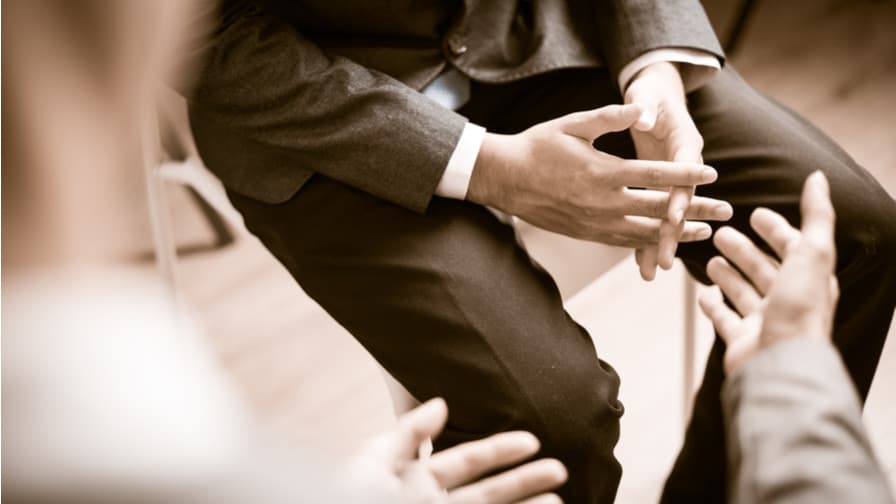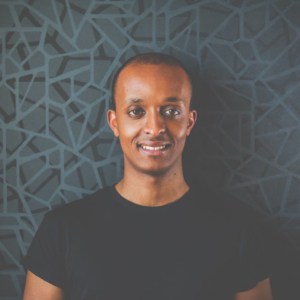The Facebook Ad Boycott continues to hit the headlines as hundreds of brands have paused their advertising on the social media platform this month in response to its poor handling of hate speech and misinformation being posted.
With discussions ongoing, we’ve collated some thoughts from companies within the performance and digital advertising industry as brands ramp up their stance against Facebook.
Owen Hancock, marketing director, EMEA, Impact: “I think behind the central issue, which relates to powerful organisations’ responsibility to stem misinformation, there is another point here that we wouldn’t want to miss, and that is the kind of power Facebook wields. If Facebook and Google represent more than half of digital ad spend then we probably can’t expect them to put the wishes of advertisers first unless there is collective action to make the pain felt.
Whereas in the partnerships industry, where we have built a diverse ecosystem with hundreds of thousands of different partners, each has to be responsive to different advertisers’ needs. That seems to be a healthier, more harmonious model than two gigantic media owners whom brands need to boycott if they want their voices to be heard.”
Patrick Johnson, CEO and chairman, Hybrid Theory: “Marketers, quite rightly, want to ensure that their advertising appears within brand safe environments. Consumers expect brands to adhere to their values and how and where advertising is seen is no different. It’s therefore understandable that brands have taken a much stronger position regarding the context around their advertising.”
“Brand safety has always been of paramount importance to brands, so it’s not surprising brands like Starbucks are boycotting Facebook. Other programmatic media has maintained stringent brand safety measures in place, while social media platforms brands often provide little to no control over what their advertising will appear next to. Social media platforms need to adopt the best capabilities of more open channels to assuage the fear of brands, or marketers will find other channels to invest in.”
Craig Tuck, chief revenue Officer, The Ozone Project: “Yet, while the current boycott is a very real issue for both social platforms and advertisers, it appears that today’s climate has accelerated a move by marketers which has long been in the offing. The major societal shifts we’ve seen as a result of the pandemic and the need to tackle rising hate speech have been met head on with some major challenges in digital advertising around brand safety, compliance and accountability. In many ways it’s created the perfect storm for advertiser reappraisal,”
“There’s no denying that platforms like Facebook can offer advertisers a very powerful growth channel when used in the right way, but there have long been questions over the impact of the company’s dominance, particularly when combined with that of Google, on the wider advertising ecosystem. Even before we went into lockdown, advertisers and their agencies were acknowledging the part they had to play in creating a sustainable media industry that provides quality, trusted environments for brand advertising to appear in. It appears now more than ever that advertisers are realising the responsibility – and power – they have to instigate the change they want to see.”
Ben Segal, VP of Americas, MainAd: “Brand safety and addressability are two fundamental concerns that Facebook has repeatedly refused to address. This underlies a root problem in the lack of transparency of a walled garden. The company should take a hard look at its methods from a tactical perspective or this brand boycott will have lasting effects. There is a big imbalance between time in walled gardens at 34% vs. ad spend of 64%. Brands should seriously consider both the value of the supply and their ability to control their first-party data, track measurement, and optimise performance. Google supports it; Facebook can too.”
Matthew Goldhill, CEO, Picnic: “This boycott will be a flash in the pan, generating lots of headlines but ultimately having a negligible effect on Facebook’s revenue and profits. With it’s great formats, slick apps and the highest quality audience targeting, Facebook has built undoubtedly the best advertising platform in the world – brands can take a temporary stand against Facebook’s feed of UGC, click-bait hate speech posts but at one point they will understandably need to prioritise media effectiveness again. For the boycott to last, media owners will need to replicate what makes Facebook so effective (the formats, slick inventory and high quality targeting etc) and provide opportunities that are as effective as Facebook but don’t fund hate.”

